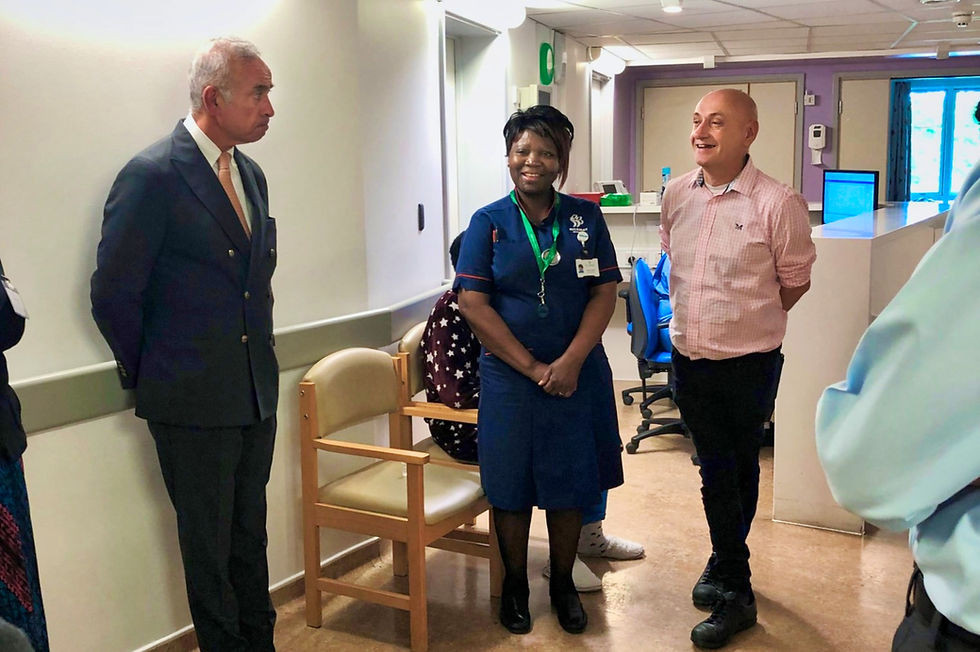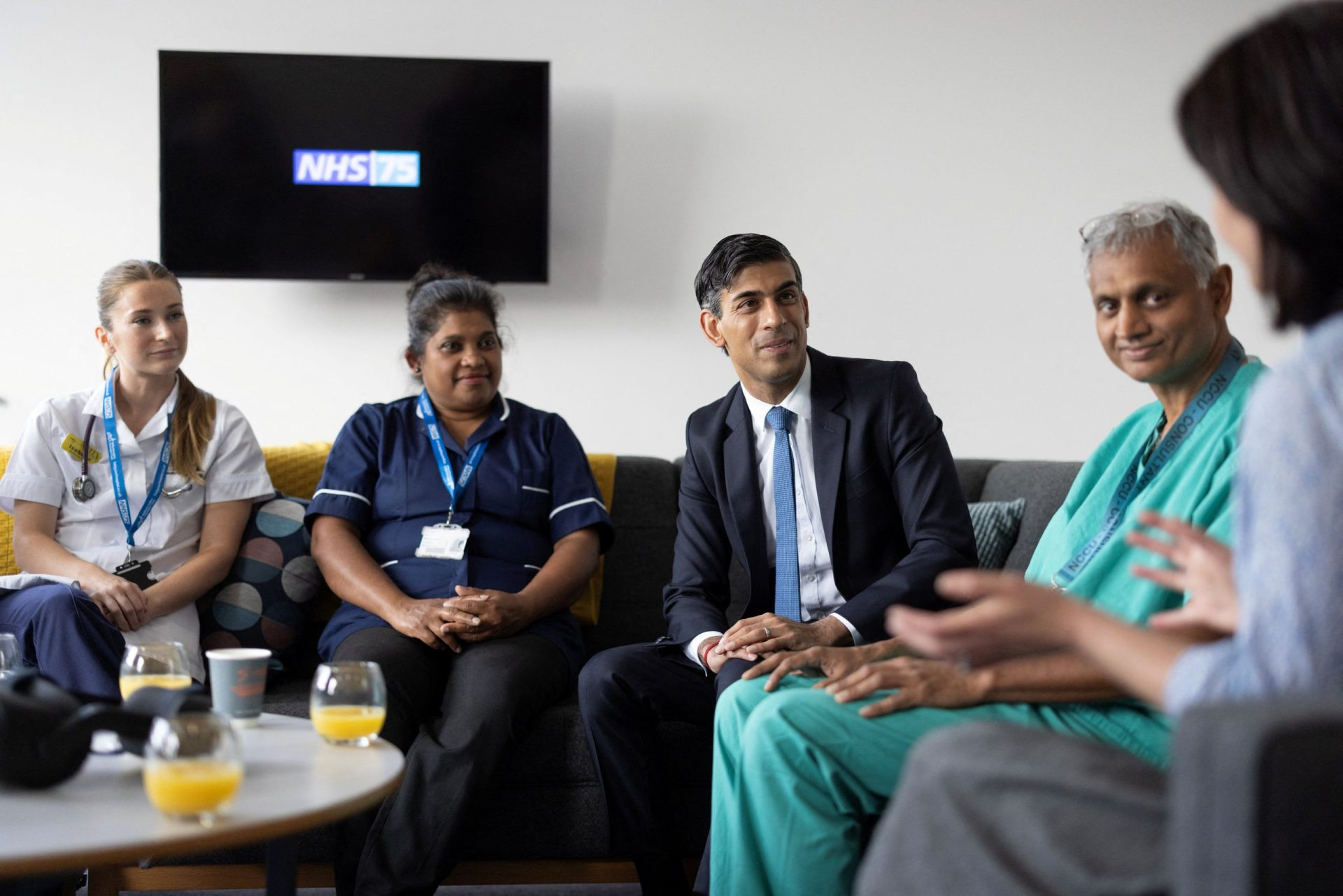The Prime Minister has pledged the ‘biggest reimagining of our NHS since its birth’ following the publication of the Darzi review. This comes after an independent investigation led by Lord Ara Darzi, a cancer surgeon and former Labour minister, found that the NHS is in a ‘critical condition’ but can be saved with increased general practice funding and a shift towards a digital health service.
The report, published on 12 September 2024, highlights a “deterioration in the health of the nation” and “worrying health inequalities.” It flags issues including patients struggling to see their GP, waiting lists for community and mental health services, the “awful” state of A&E, waiting times for hospital procedures, cancer care lagging behind other countries, and cardiovascular care “going in the wrong direction”.
The State of the NHS
Lord Darzi, who described himself as “shocked” by what he found, says that the “quality of care has gone backwards.” He blames a £4.3 billion raid on capital budgets between 2014-15 and 2018-19 to cover in-year deficits, as well as a shortfall of £37 billion of capital investment meaning that “there are too many outdated scanners, too little automation, and parts of the NHS are yet to enter the digital era.”
Digital Transformation: A Missed Opportunity
“Over the past 15 years, many sectors of the economy have been radically reshaped by digital technologies. Yet the NHS is in the foothills of digital transformation,” Lord Darzi says. He calls the last decade a “missed opportunity to prepare the NHS for the future and to embrace the technologies that would enable a shift in the model from ‘diagnose and treat’ to ‘predict and prevent’—a shift I called for in High Quality Care for All, more than 15 years ago.”
He concludes that the NHS is in a “critical condition, but its vital signs are still strong.” Lord Darzi calls for a “major tilt towards technology to unlock productivity” and highlights the need for digital systems for NHS staff working outside hospitals, as well as using AI to transform care.
Turning to Technology to Save the NHS
While the report points out the NHS is slow to embrace digital technology, Lord Darzi is confident that it can help save the service. He suggests technologies like AI to predict and prevent illness, and digital systems for NHS staff working outside hospitals, could help the NHS work more efficiently.
“There are many possible technologies that would support more efficient, higher quality, safer care in the community. But they are largely absent,” he says. “Given the shift in the disease burden towards long-term conditions, there is a greater need for information systems that work across different settings.”
Overcoming Barriers
Focus groups for the investigation found a strong perception among NHS staff that IT created an “additional burden”. “It always seems to add to the workload of clinicians rather than releasing more time to care by simplifying the inevitable administrative tasks that arise,” Lord Darzi says.
He highlights the Federated Data Platform as an example of a significant NHS investment which “has great promise and has started to show some impact locally”. He says that the NHS App has “huge potential”, but adds that it is “not currently living up to its potential impact given the vast scale of its registered user base.”
The report highlights that patient data is “largely untapped either in clinical care, service planning or research”. “With its deep and broad datasets, and the global AI hub that has emerged in the UK, the NHS could be at the forefront of this revolution, with NHS patients the first to see the benefits,” Lord Darzi says.
Integrating Care
The report outlines the steps needed to provide integrated care, including “an understanding of the population and their needs using integrated datasets” and the whole team working to a shared care plan which incorporates preventative interventions.
The Road to Recovery
Many in the healthcare sector agree that technology is the way forward. Dr Rachael Grimaldi, cofounder and chief executive at CardMedic, said: “There are still many areas in the NHS where technology is still a novelty; like language translation and communication.” She believes that technology can help break down communication barriers, but “the existing barriers within the NHS must be dismantled to facilitate widespread adoption of technology.”
Investing in the Future
Dr Jennifer Dixon, chief executive of the Health Foundation, said: “Darzi’s diagnosis points to some obvious priorities for NHS reform, including shifting the balance of resources towards primary care and community-based services, modernising NHS buildings and equipment, and harnessing the benefits of new technology to improve care for patients”.
She added that getting the NHS back on its feet will “require sustained investment.”
Conclusion: A Call to Action
The Darzi review paints a stark picture of the NHS and its need for digital transformation. There are many challenges ahead, but the report is a call to action for the government and NHS leaders to commit to investing in the future of the NHS. With commitment and the right investments, the NHS can be saved.



















